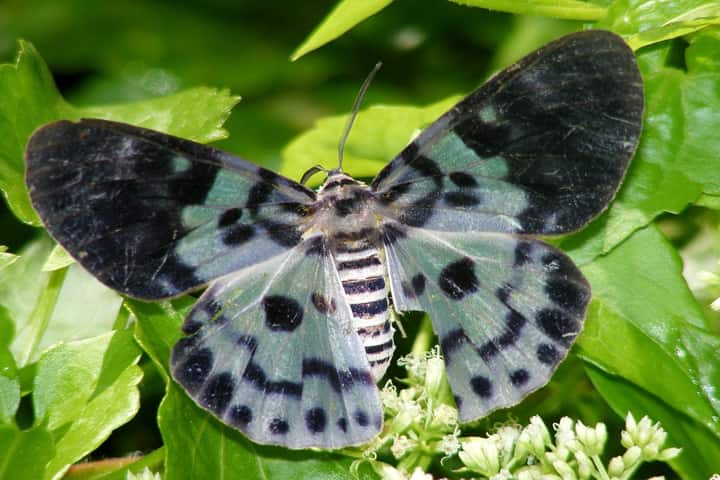The National Moth Week which concluded on Sunday (July 30) saw a slew of activities and events taking place across India. The NMW is an annual global science event which aims to observe, study and record moth diversity.
It was started in 2012 by members of Friends of the East Brunswick Environmental Commission, an NGO in New Jersey and is dedicated to local environment education and conservation.
In Tamil Nadu National Moth Week observed in the Nilgiris by Department of Wildlife Biology students belonging to Government Arts College from July 22 to 28. They studied 26 species of moths across the area.
The counting of the moths was done on the College campus and Fingerpost in Udhagamandalam, Emerald and Kotagiri.
The staff of the College helped in identification of the species along with a student who is doing her M.Sc. degree in wildlife biology and has received special training in identifying moth species.
Talking to the media, B. Ramakrishnan, Head of the Department of Wildlife Biology in the College describing the moths as a vital marker of climate change said these insects play an important role in the ecosystem by aiding in pollination of flowers.
To help and guide nature lovers, the Ashoka Trust for Research in Ecology and the Environment on the occasion of the NMW released a comprehensive guide featuring the common moths in Tamil Nadu.
This pocket guide features 162 species belonging to 23 families that are commonly found in the State. It has been prepared by ATREE’s Agasthyamalai Community Conservation Centre.
Thalavai Pandi, a lepidopterologist who is also the author of the guide said that the book, which is comprehensive and has high-quality photographs and captivating visuals, includes essential information on the habits and habitats of moths in Tamil Nadu.
In central Gujarat, a group of naturalists led by Venus Joshi, Project Manager of Community for Conservation of Nature studied the moths in the Panchmahal district for the last week.
Joshi told the press that they organised viewing of moths in urban areas and outskirts of the town and forests also. He added that moth viewing sessions were done mostly at night as that is the best time when these insects are most active.




















